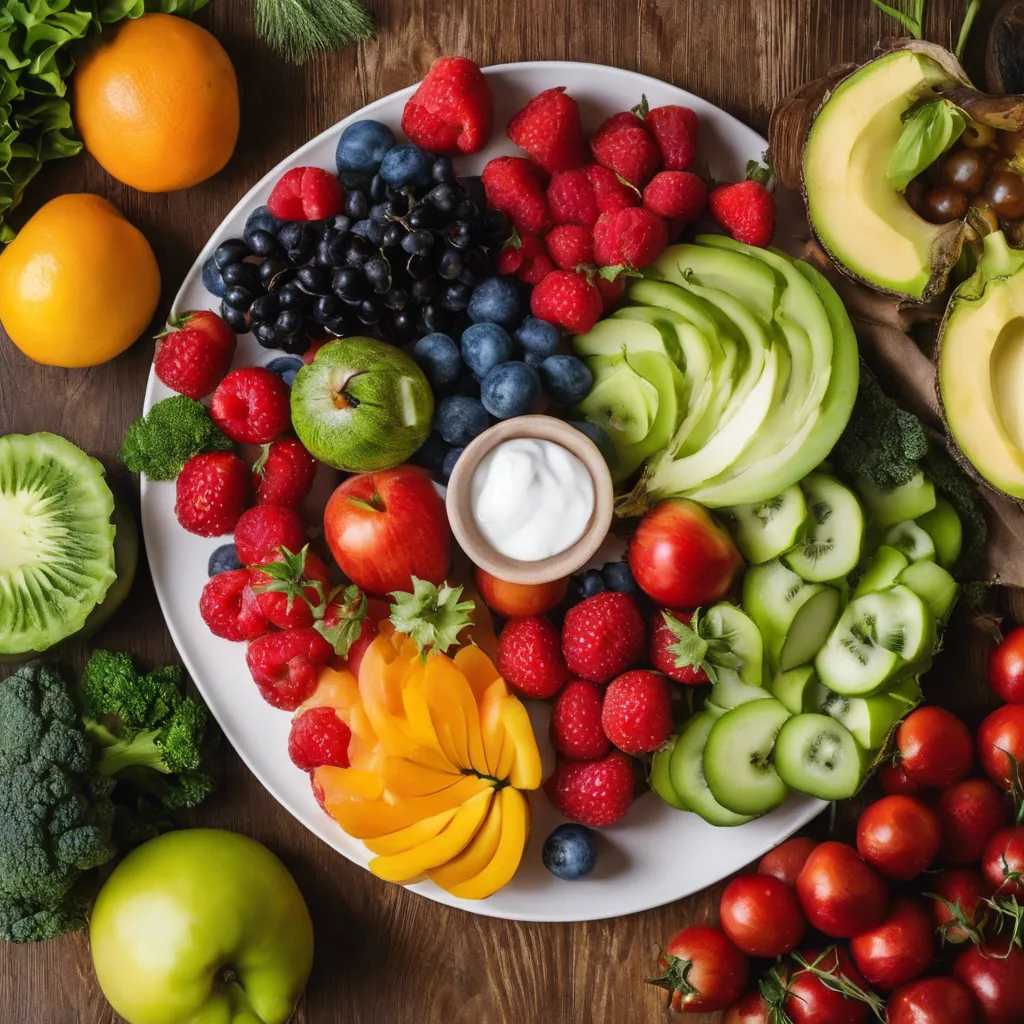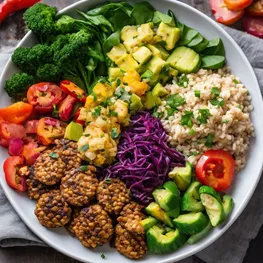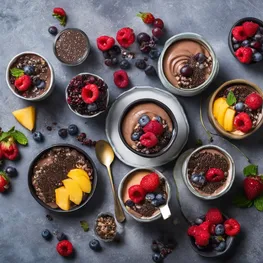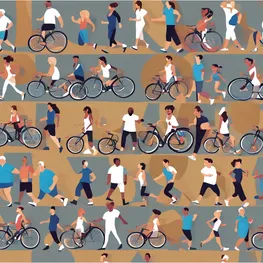Table of contents
- Simple and Effective Diet and Nutrition Tips
- 10 Lifestyle Changes to Help Manage Blood Sugar
- Mastering Blood Sugar Control: Expert Tips for a Healthier You
- Tasty Recipes to Control Blood Sugar Levels
Managing and controlling glucose levels is crucial for individuals with diabetes. While medication is commonly prescribed, there are alternative strategies available. This article explores various techniques that can help lower glucose levels naturally, without the need for medication. From dietary adjustments to exercise routines, discover effective ways to maintain optimal glucose levels and improve overall well-being.
Simple and Effective Diet and Nutrition Tips
Diet plays a crucial role in managing blood sugar levels. Choosing the right foods, such as whole grains, lean proteins, and fruits and vegetables, can help control blood sugar and prevent spikes. It is essential to avoid sugary and processed foods, which can lead to imbalanced blood sugar levels and increase the risk of diabetes complications.
10 Lifestyle Changes to Help Manage Blood Sugar
Regular exercise plays a crucial role in controlling blood sugar levels and is highly recommended for managing diabetes. Here are some key points about the role of exercise and suitable physical activities:
- Exercise increases insulin sensitivity, allowing your cells to better utilize glucose and lowering blood sugar levels.
- Physical activity helps lower fasting and post-meal blood sugar levels, reducing the risk of hyperglycemia.
- Regular exercise improves cardiovascular health, reducing the likelihood of heart-related complications common in diabetes.
- Engaging in physical activity promotes weight loss and helps maintain a healthy weight, which is important for blood sugar regulation.
- Aerobic exercises such as brisk walking, cycling, swimming, and dancing are excellent choices for controlling blood sugar.
- Strength training exercises, including lifting weights or using resistance bands, help build muscles, increase metabolism, and improve insulin sensitivity.
- Flexibility exercises like yoga and stretching can enhance overall wellbeing and help reduce stress, which can affect blood sugar levels.
- Consult with your healthcare team to determine the appropriate duration, intensity, and frequency of exercise suitable for your health condition and fitness level.
- Monitor your blood sugar before, during, and after exercise to ensure it remains within the target range.
- Always stay hydrated, wear appropriate footwear, and be mindful of any symptoms or discomfort during physical activity.
Mastering Blood Sugar Control: Expert Tips for a Healthier You
I interviewed a healthcare professional who recommended maintaining a balanced diet, regular exercise, and stress management techniques for natural blood sugar control. They emphasized the importance of monitoring blood sugar levels and consulting with a healthcare provider for personalized advice.
Tasty Recipes to Control Blood Sugar Levels
Managing blood sugar levels is essential for individuals with diabetes or high blood sugar. Here are some healthy and delicious recipes that can help control blood sugar levels. Start the day with a hearty bowl of oatmeal topped with fresh berries and a sprinkle of cinnamon. For lunch, try a colorful salad with leafy greens, grilled chicken, and a light vinaigrette. For dinner, opt for baked salmon served with roasted vegetables and quinoa. Finish off with a refreshing dessert like sugar-free yogurt with chopped fruits or a small serving of dark chocolate. Remember to incorporate portion control and consult a healthcare professional for personalized dietary recommendations.
In conclusion, there are several strategies available for lowering glucose levels without relying on medication. These strategies include adopting a healthy diet rich in fiber and low in processed sugars, incorporating regular physical activity into daily routine, managing stress levels, getting enough sleep, and staying properly hydrated. It is important to note that these strategies may not work for everyone and it is crucial to consult with a healthcare professional for personalized advice. By implementing these lifestyle changes, individuals can potentially achieve better control over their glucose levels and improve their overall health and well-being.
Frequently asked questions related to strategies for lowering glucose levels
What are some strategies for lowering glucose levels without medication?
Some strategies for lowering glucose levels without medication include maintaining a healthy diet, exercising regularly, managing stress levels, getting enough sleep, and staying hydrated.
What types of exercises can help lower glucose levels?
Both aerobic exercises, such as walking, running, swimming, and cycling, and resistance exercises, like weightlifting and bodyweight exercises, can help lower glucose levels by increasing insulin sensitivity and improving glucose uptake by muscles.
How does getting enough sleep contribute to lower glucose levels?
Getting enough sleep is important for lower glucose levels as inadequate sleep can lead to insulin resistance and increased appetite, resulting in higher blood sugar levels. Aim for 7-9 hours of quality sleep each night.
Why is staying hydrated beneficial for lowering glucose levels?
Staying hydrated is beneficial for lowering glucose levels as dehydration can lead to elevated blood sugar levels. Drinking an adequate amount of water throughout the day can help maintain hydration and promote optimal glucose regulation.
How does maintaining a healthy diet help in lowering glucose levels?
Maintaining a healthy diet helps in lowering glucose levels by avoiding sugary and processed foods, opting for whole grains and fiber-rich foods, consuming lean proteins and healthy fats, and monitoring portion sizes.
Why is managing stress levels important for lowering glucose levels?
Managing stress levels is important for lowering glucose levels because stress hormones can increase blood sugar levels. Engaging in stress-reducing activities such as meditation, deep breathing exercises, yoga, and hobbies can help in controlling glucose levels.







